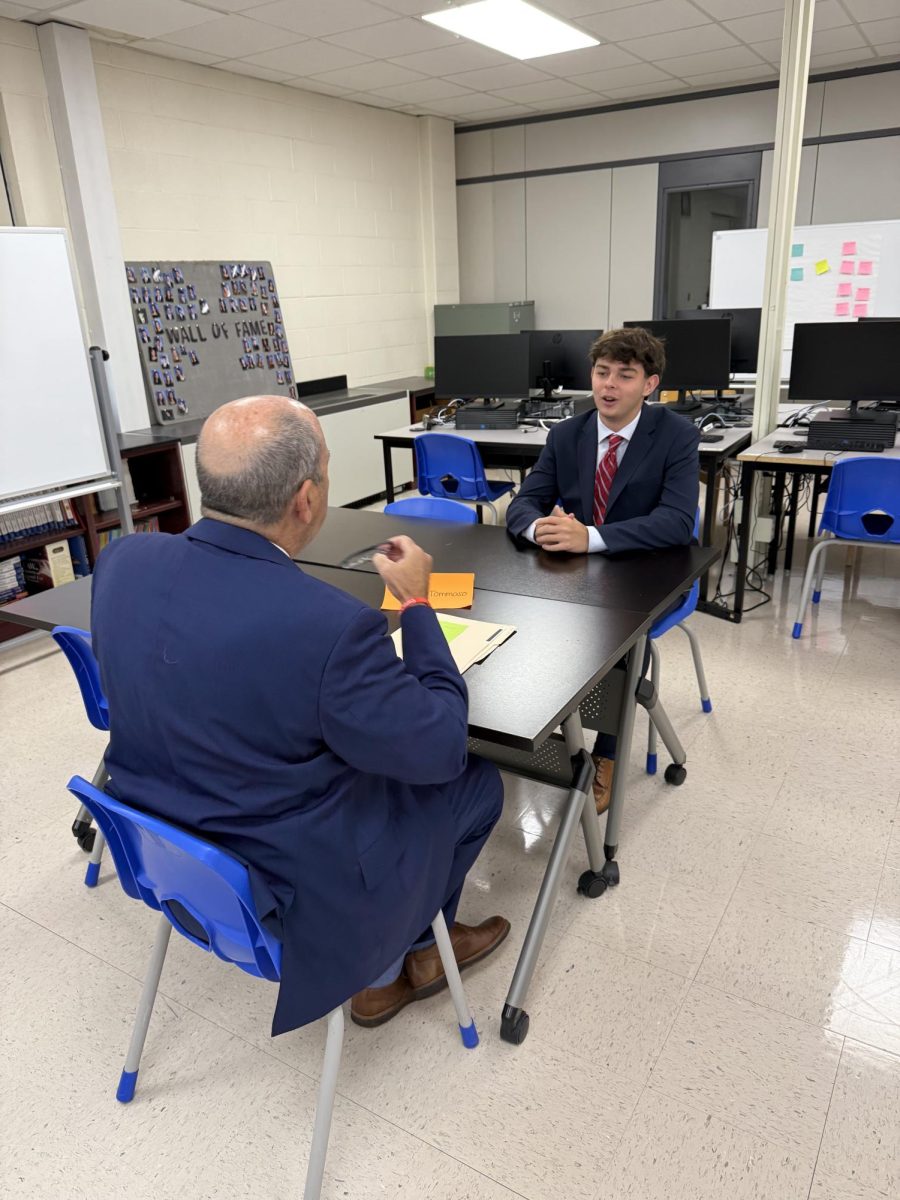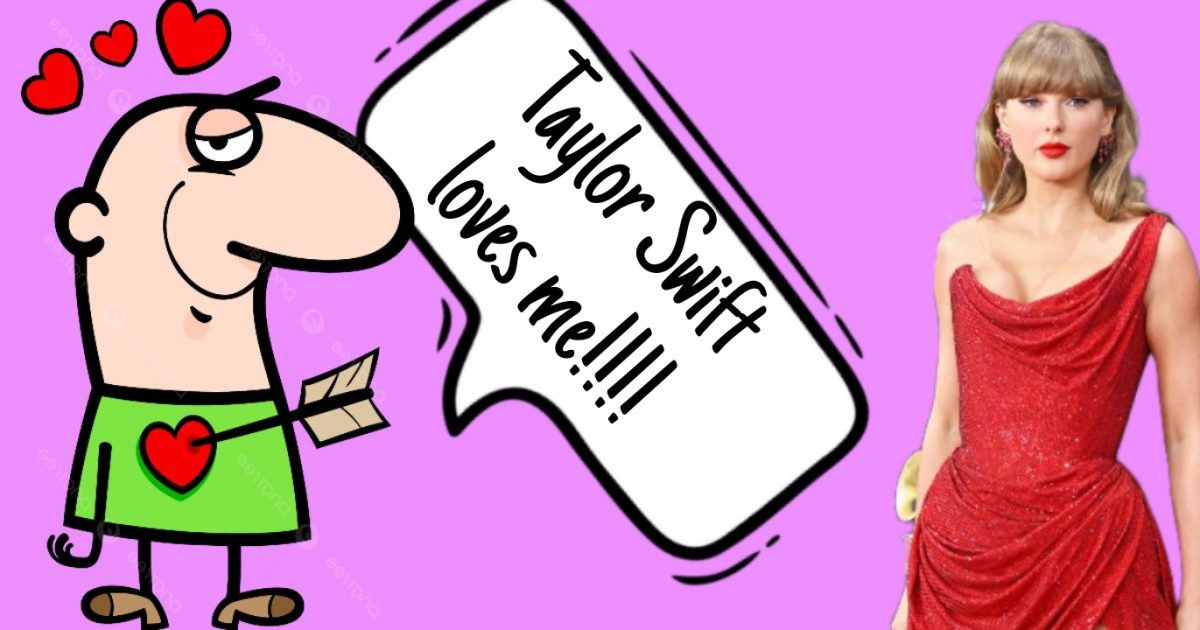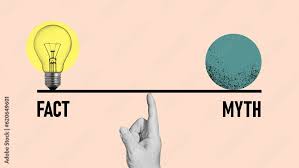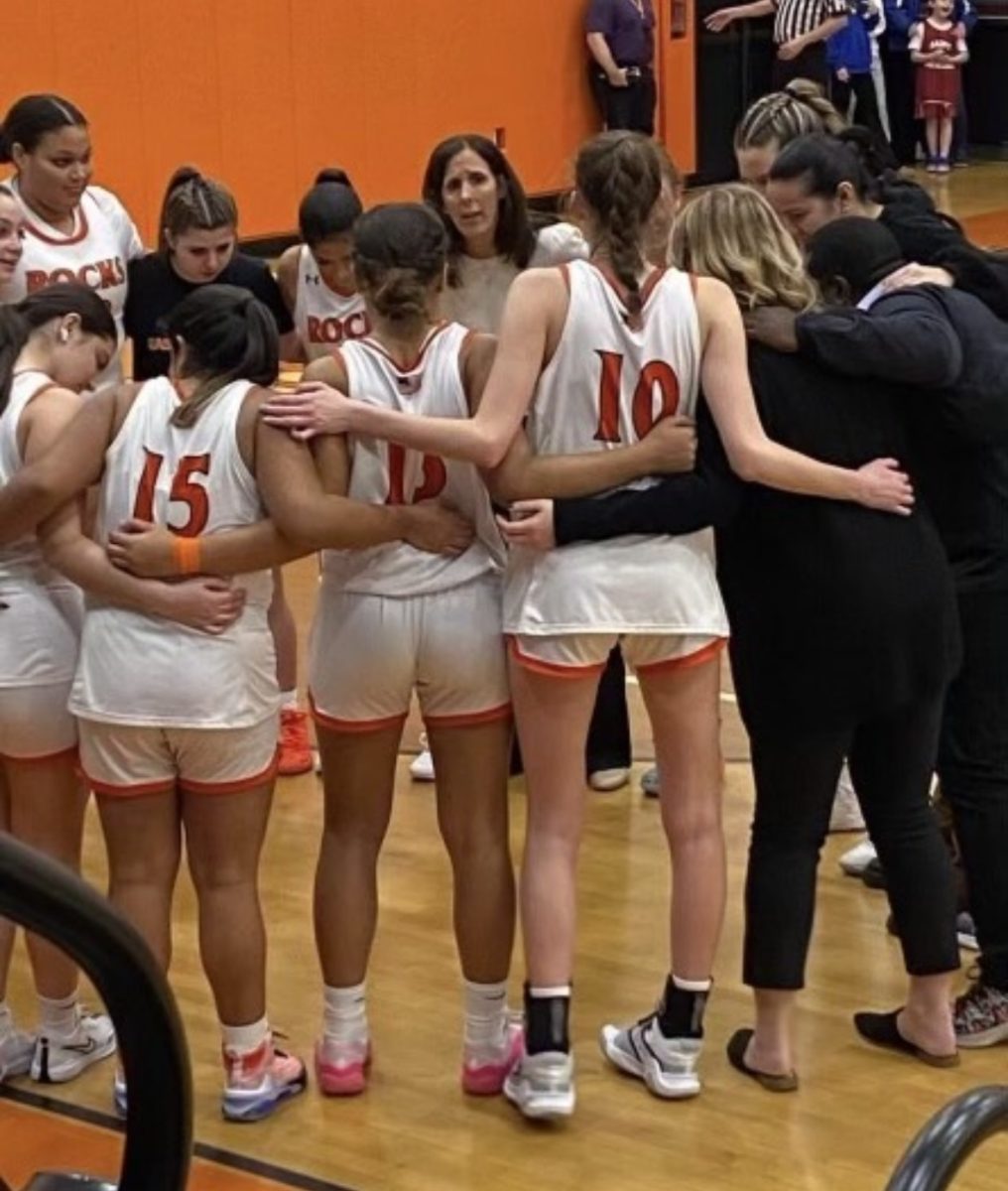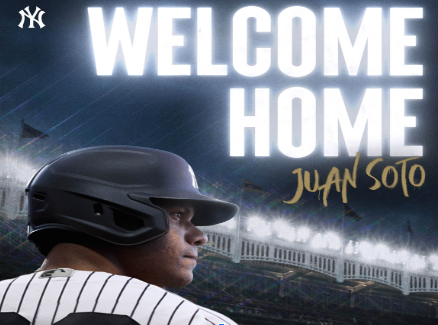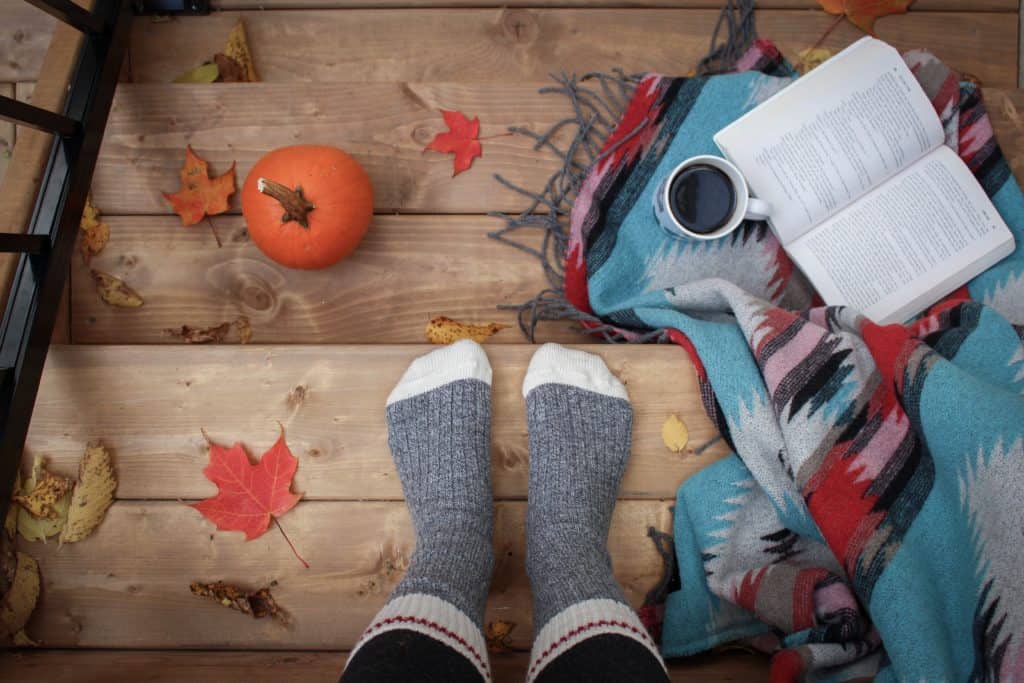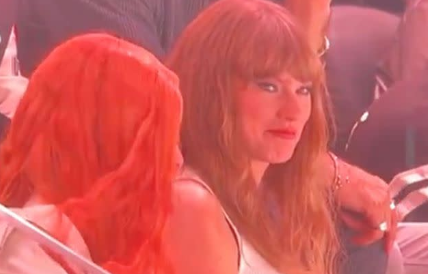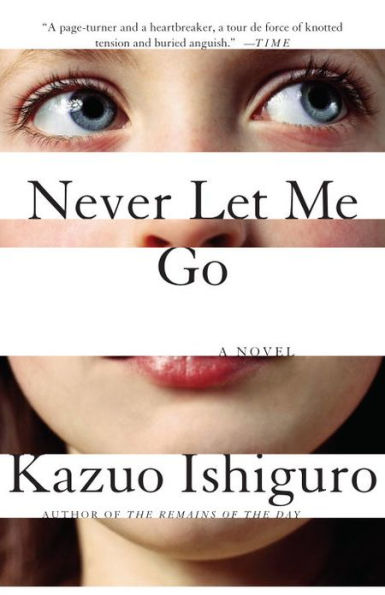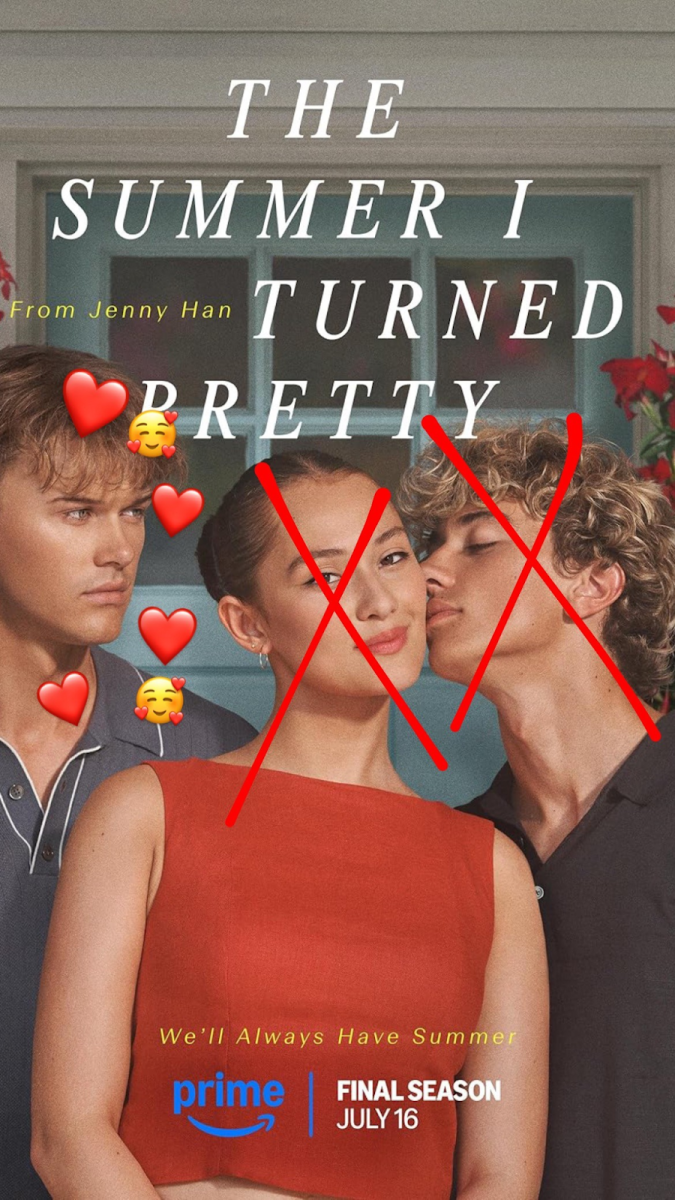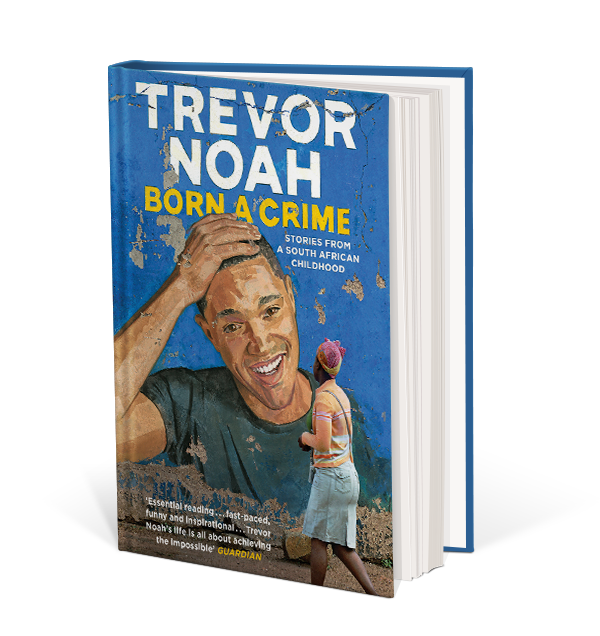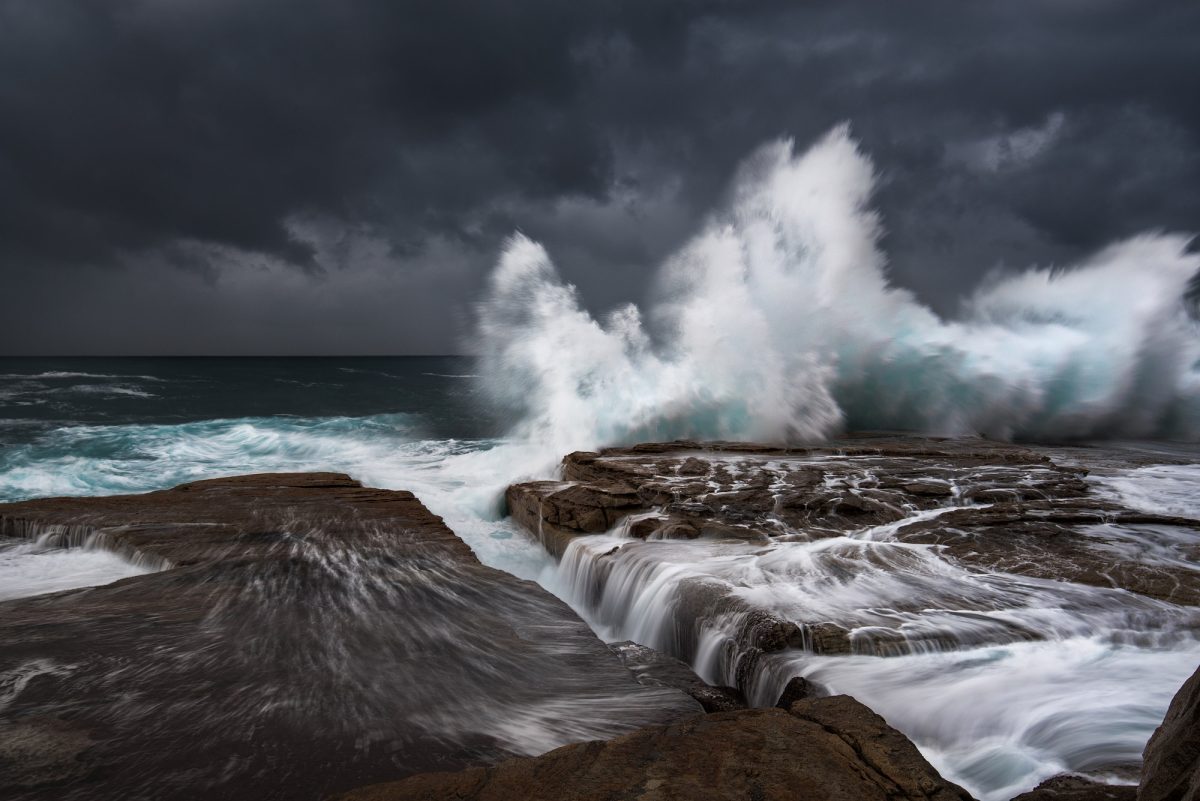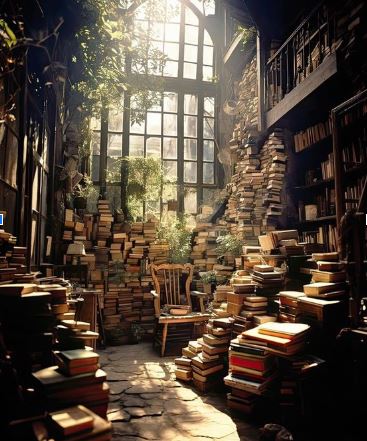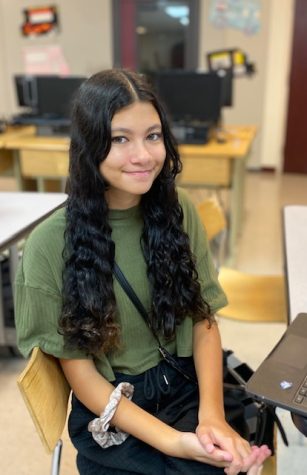The History of Halloween
Jack O’ Lantern In Woodland With Mist
November 22, 2019
Halloween has been a tradition for many, many years. In fact, Halloween has been around longer than you think. The origin of this annual tradition is interesting and stranger than you may have thought.
Halloween started in Europe with the Celts, who lived about 2,000 years ago. Halloween started with a Celtic festival called Samhain. In the Celtic calendar, the New Year was celebrated on November first. It marked the beginning of a cold, harsh winter and bad luck for farmers. That time of year was often associated with death or bad luck. It was believed that the line between the living and dead was blurred on the night before the New Year, October 31st.
Samhain was celebrated in many unusual ways. People would dress up as demons and ghouls to ward them off. Huge bonfires were built where crops and livestock would be sacrificed to keep the Celts safe. People believed that on Samhain, it would be easier to tell one’s fortune.
Later on, around 43 B.C.E., the Romans had conquered most of the Celtic land. Over time, Roman traditions were combined with Samhain. The Romans celebrated Faralia, a day in October where the dead were honored. Around the same time, the Romans had a day to honor Pomona, the Goddess of fruit. The symbol for Pomona was the apple, which is probably the origin of apple bobbing.
During the 9th century, Christianity was spread to the Celtic lands, combining Christian traditions with Celtic traditions. A holiday was created around 1,000 B.C.E. called All Souls’ Day. All Souls’ Day was celebrated on November second with bonfires, parades, and dressing up as spirits and demons, and the night before it would be the festival of Samhain. It was also called Alholowmesse, Middle English for All Saints’ Day, which eventually became Halloween.
When Europeans started migrating to America, the tradition of Halloween came with them. An American version of Halloween was created, a version where people would dance and sing, tell stories of the dead, tell one another’s fortune, and have public celebrations of the harvest. Over time, Americans began going from house to house on Halloween and beg for food and money, a tradition that eventually evolved into trick or treating. Young women believed that on Halloween they could predict who their future husbands would be. Many popular horror movies were made to entertain people on Halloween. Halloween eventually evolved into the popular holiday celebrated now.

